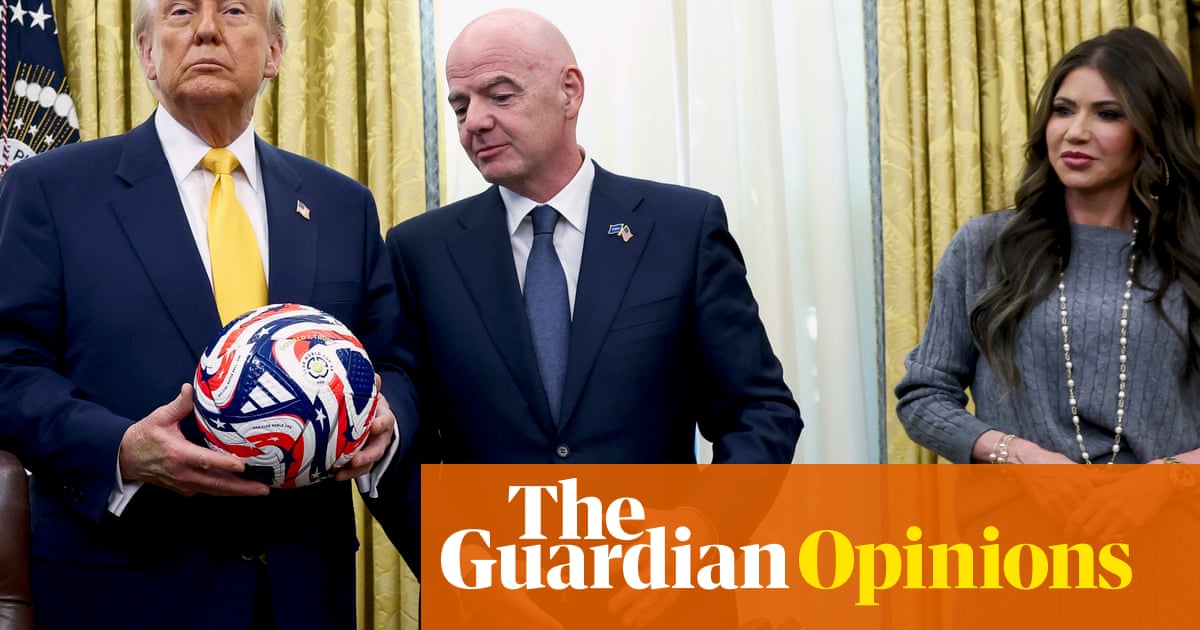The Intersection of Politics and Global Sports: The Trump Effect
On Tuesday, FIFA made a surprising decision by announcing its new office in the iconic Trump Tower. The very next day, former President Donald Trump announced his attendance at the Club World Cup final. The timing could not have been more poignant, especially considering the headlines swirling around him. Is it just a coincidence, or is there more to this chapter in the evolving relationship between American politics and global sports?
Changing Perceptions of Soccer in America
A decade ago, soccer was viewed with skepticism in the U.S. For many, it represented something foreign and un-American—a sentiment echoed by right-wing commentators like Ann Coulter and Glenn Beck. They derided the sport, viewing its gaining popularity as a signal of the nation’s moral decay. Just as baseball, football, and basketball became symbols of American identity, soccer was dismissed. This isolationism has long defined America’s sporting culture, emphasizing a preference for “true American” games over international competitions.
A Century of Isolationism
Historically, American sports have taken pride in their origins, disassociating themselves from sports like cricket or rugby. This patriotic zeal was palpable throughout the 20th century, characterized by a collective indifference to global sporting events. For instance, even the 1994 World Cup, hosted in the U.S., couldn’t shake this apathy. While financially successful, it still failed to resonate deeply with the American public.
Commercialism and Global Appeal
Yet, American commercialism has kicked into high gear. Despite initial struggles, global sports organizations have been eager to tap into the lucrative U.S. market. The International Cricket Council, for instance, launched Project USA in 2004, hoping to ignite interest in cricket. Similarly, Formula One has expanded its presence with multiple races across the U.S., attracting millions of fans. A recent report revealed that Formula One has grown its American audience by 10%, boasting significant fan engagement.
The Trump Factor in Global Sports
As more international sports try to stake their claim in the U.S. market, they find themselves sharing the stage with a political figure like Trump—someone known for his controversial stances on many global matters. His assertion that the 2026 World Cup will be the “biggest, safest, and most extraordinary soccer tournament in history” seems to clash with policies such as tariffs on Mexican co-hosts and strained relations with Canada.
Challenges for International Sports
While American sports are thriving, global organizers face challenges that threaten to overshadow their success. Travel bans and visa restrictions have made it increasingly difficult for international competitors and their fans to participate. For example, the recent entry denial of the Cuba women’s volleyball team to Puerto Rico has stirred concerns about the broader implications for sports in America, particularly with the Olympics set to arrive in Los Angeles in 2028.
The Dilemma of Cultural Influence
America’s power and influence on global culture and sports cannot be overstated. Until recently, no sport could consider itself truly global without a robust American presence. However, Trump’s administration appears to be stepping back from this role, hindering the cultural exchange that sports have facilitated. As international leagues invest billions to gain a foothold in America, they collide with a political environment that seems increasingly isolationist.
Expectations for Future Mega-Events
As the U.S prepares for several mega-events in the coming three years, the implications of Trump’s influence loom large. The Club World Cup could serve as a prelude to a wider spectacle, yet Trump’s propensity for spectacle may lead to what some may call “Maga-events.” With previous administrations showcasing diplomatic engagement through sporting events, the current administration shows little interest in such overtures.
A Political Stage for Sports
In many ways, Trump’s rhetoric suggests that he sees sports as a tool for political gain rather than purely a platform for global unity. His history of using events to bolster his image raises concerns about the true mission of these international competitions. Unlike traditional diplomatic efforts, which often aimed to build bridges, the current administration appears focused on reinforcing nationalist sentiments.
The Future of Sports in America
The next few years will be pivotal for the relationship between global sports and American politics. If Trump’s actions at these international events are any indication, they could devolve into spectacles with more political undertones than genuine athletic competition. As sports struggle for recognition and acceptance in the U.S., they might find themselves navigating a landscape shaped by the whims of a leader who prioritizes political optics over cultural unity.


